The diamond market is undergoing a significant transformation, with the price of natural diamonds...
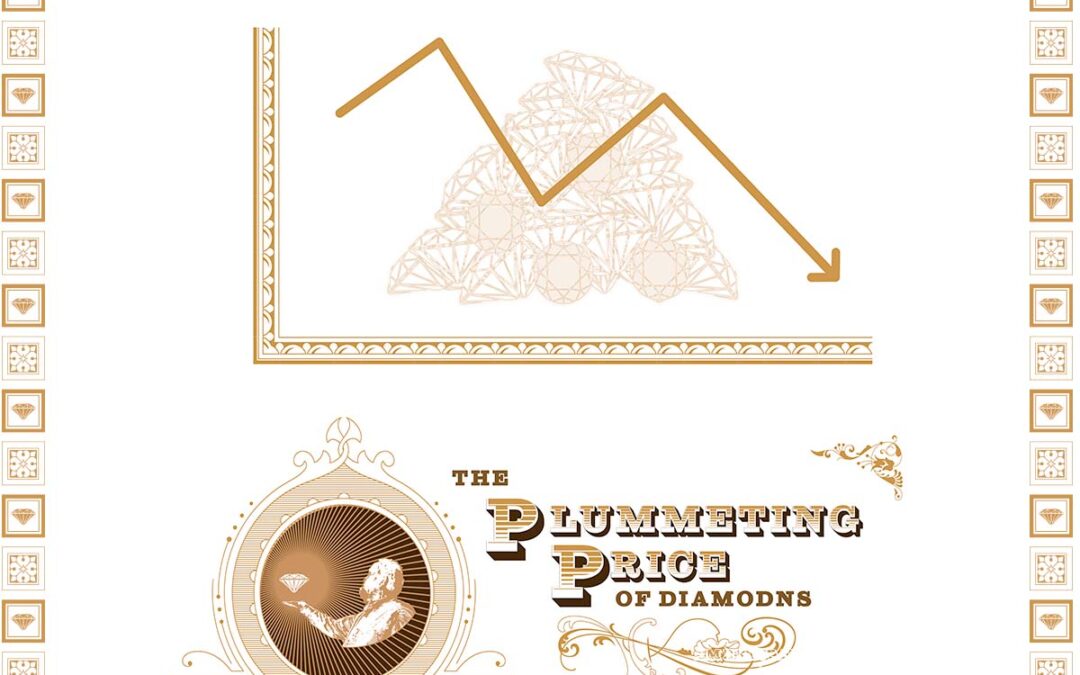
Call or Schedule an Appointment Online


“Value” is the usual question with appraisals. When people talk about appraisals, it’s often the only thing they remember. What did the piece appraise for? How much is it worth? But what type of value are you talking about? Worth what, to whom?
With regard to the Jewelry Appraisal universe there are MANY different types of value to consider—and that you need to be aware of when it comes to figuring out how much your jewelry is worth and to whom. This is also why you want an independent appraisal to determine the value of the piece of jewelry in question.
With nearly every appraisal, after exchanging pleasantries, the first thing to happen will be the appraiser will ask you your purpose or intended use. Many find it to be an odd question.
A lot. Any statement of value has to contain an element of what it’s worth, to whom, and under what circumstances. Without that you got nothing. Words on a page. Vapor. Cynics answer this with:
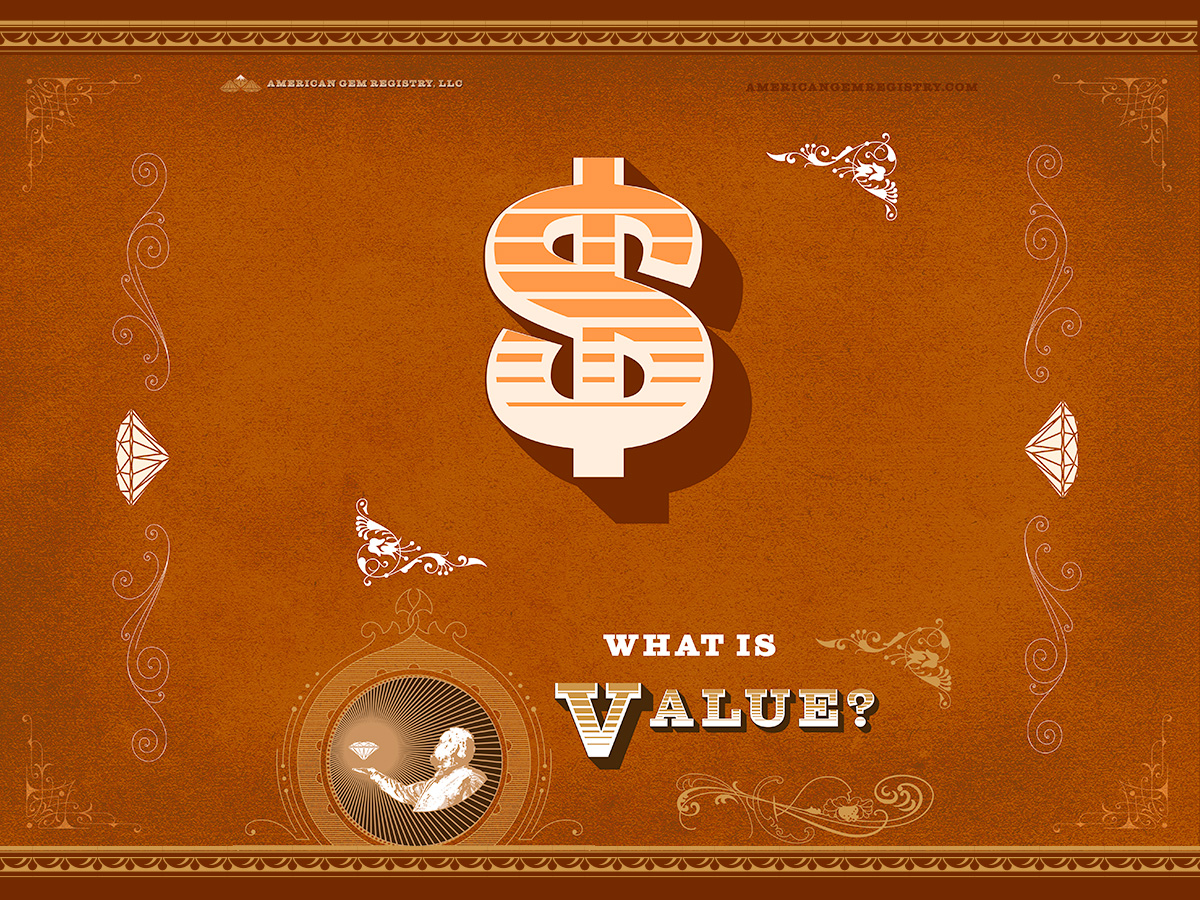
While true, in a certain dystopian sense, that’s not a very useful answer. Neither is it intended to be. Whatever WHO will give you for it? Obviously that’s not a gemological property but it’s terribly important to the answer. Without a customer, in this definition, you’re at zero. The dying guy in the desert will give you a lot more for a glass of water than most other people you might meet. The water isn’t any different but you may not be able to put this deal together. A gem mounted into a Faberge egg is ‘worth’ a lot more than a similar rock that’s still in the ground, waiting for a miner to pick it up.
That’s not the only loophole. Whatever someone will give YOU. I might be able to get more, in fact I probably could. That doesn’t mean you could. Anyone who has ever sold anything already knows this. There’s a skill here, and this too isn’t a gemological property. Some people might get a lot, but maybe not you. This isn’t a valuation of the property as much as it’s an assessment of you.
What about fashion? Some things are just ugly, and that makes them hard to sell. Some are poorly made. Some are damaged. Some are in the wrong place, for example Native American pieces in the northeast. They’re hard to sell. The piece is not different, but the marketplace sure is.
The biggest question when it comes to the value of your jewelry, you have to determine “of value, to whom?”
OK, so the flippant answer is a problem but the question is still on the table. What is value? With a significant majority of jewelry appraisals, it is the expected budget to reasonably required to be able to replace the item with another of ‘like kind and quality’, or words to that effect, in the case of a loss, at retail cost, new, locally, and in a reasonable amount of time. Even that is pretty squishy. Not all jewelers charge the same for their time and talents. That’s where ‘reasonable’ comes in. If you bought a piece from Cartier, it’s only like kind and quality to replace it with another genuine Cartier. A knock-off, even a good one, is not the same, and Cartier is not a cheap place to buy things. It’s worth more BECAUSE it came from them. (This is the value of good branding.) A lot of the value of jewelry has to do with labor costs, both in the manufacture and in the marketing.
This also gets called ‘replacement value’.
“Retail” is a word that causes a lot of trouble. It’s been abused for decades and continues to be an issue. It’s what things sell for one at a time or in consumer quantities, directly to the end consumer. It’s not a value, it’s a price. They can ask whatever they want. Suggestions are free. Getting it is a completely different matter.
Don’t let the name confuse you. This is an IRS term. “Fair” is not their hot button. I’ve written a whole separate article on this here. It’s used mostly for government purposes like taxes, charitable contributions and bankruptcy.
Here’s the short answer with regard to charitable donations, straight from the IRS:
“Fair market value (FMV) is the price that property would sell for on the open market. It is the price that would be agreed on between a willing buyer and a willing seller, with neither being required to act, and both having reasonable knowledge of the relevant facts”
This is a bit of a misnomer. Estates are not all the same. Personally, I don’t use the term at all; but, appraisers will often use it to describe an offer of what they are willing to pay. That may or may not be reasonable but it’s not an appraisal, it’s a bid (see below). Alternatively, it’s used by secondhand dealers to the describe what they would try to sell it for. There are many traps here. They can ask whatever they want. That’s not the same as getting it. Read the fine print.
Thirdly, it is used as a basis for equitable distribution between heirs in estates as well as divorce and other official matters.
There are 3 basic paths to resale in this business.
As I’m sure you can imagine, these all have different value expectations, and that’s the whole point of a resale appraisal. You can book an appointment here.
“What will YOU give me,” isn’t really an appraisal at all: it is a bid. This can be modified by non-gemological things like ‘how much money the buyer has available that day’ to ‘whether or not they like the design.’ The bright side is that bids are usually free and they come from pawn shops and similar buyers.
‘Scrap value’ is the value of the gold ore, the commodity with which the jewelry is made. It’s usually what the pawnshop or other buyer will PAY you for items that are not going to be saleable in their stores. This is not the price they’re going to be selling for to the refinery. Not surprisingly, they’re making a profit on this deal. Like the above, scrap bids are usually free and because commodities prices change constantly, the evaluation doesn’t remain valid for long. The bright side is that it’s usually a cash-on-the-spot sort of price. Think of it like selling your car for it’s weight in steel.
The heart of appraisal work is identifying and understanding the value characteristics of the piece. This includes things like’ if it’s gold, what kind of gems and grades are those, who made it and when?’ Some are easy and based on scientific tests (like the above mentioned gold question) some are more difficult, like identifying an ownership history that might be important.
Any appraisal should say, in writing, what the value characteristics are that led to the value conclusion, because, as you can see, “value” is a many-faceted term.

The diamond market is undergoing a significant transformation, with the price of natural diamonds...
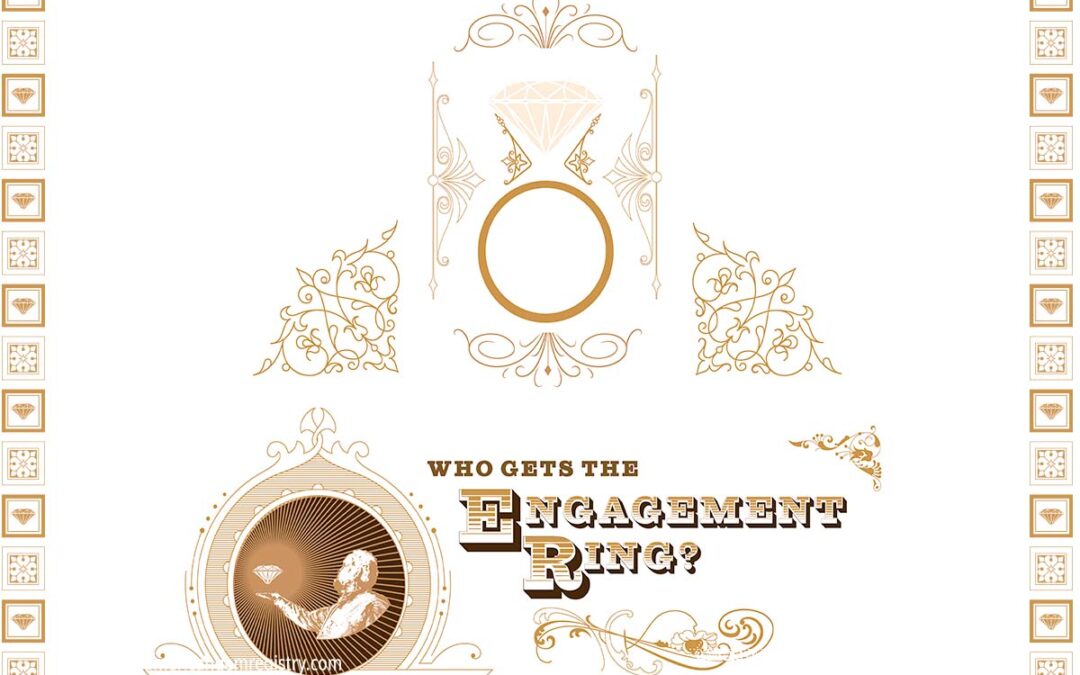
The question of who keeps the engagement ring in the event of a broken engagement or divorce is...
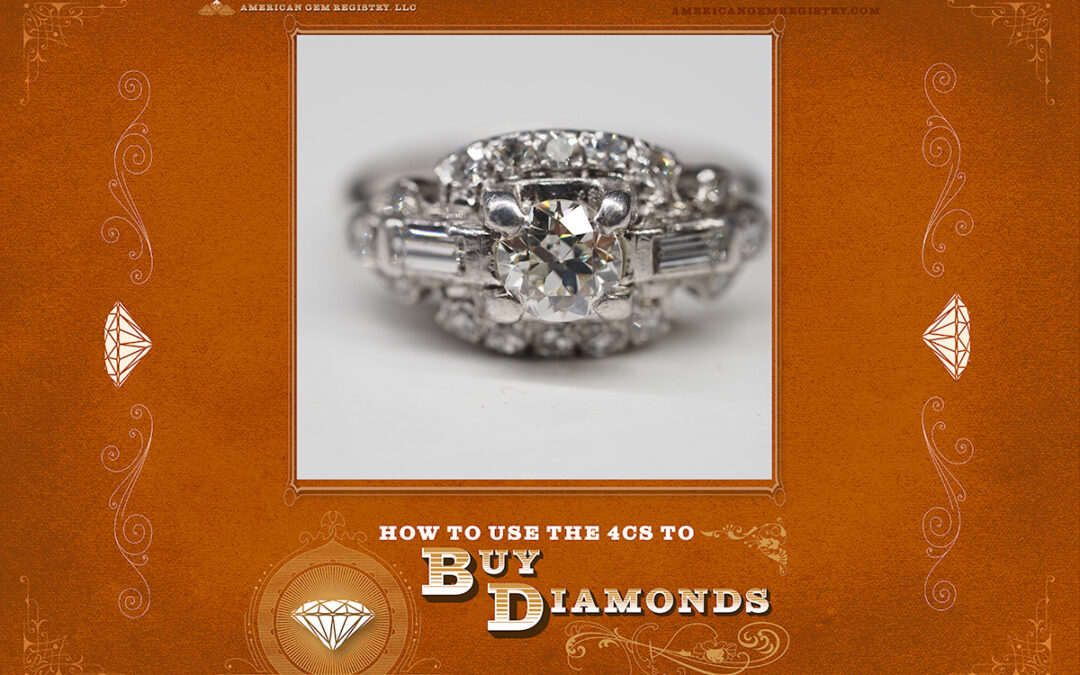
Nearly everyone who is shopping for a diamond is familiar with the 4C’s: clarity, color, cut, and...
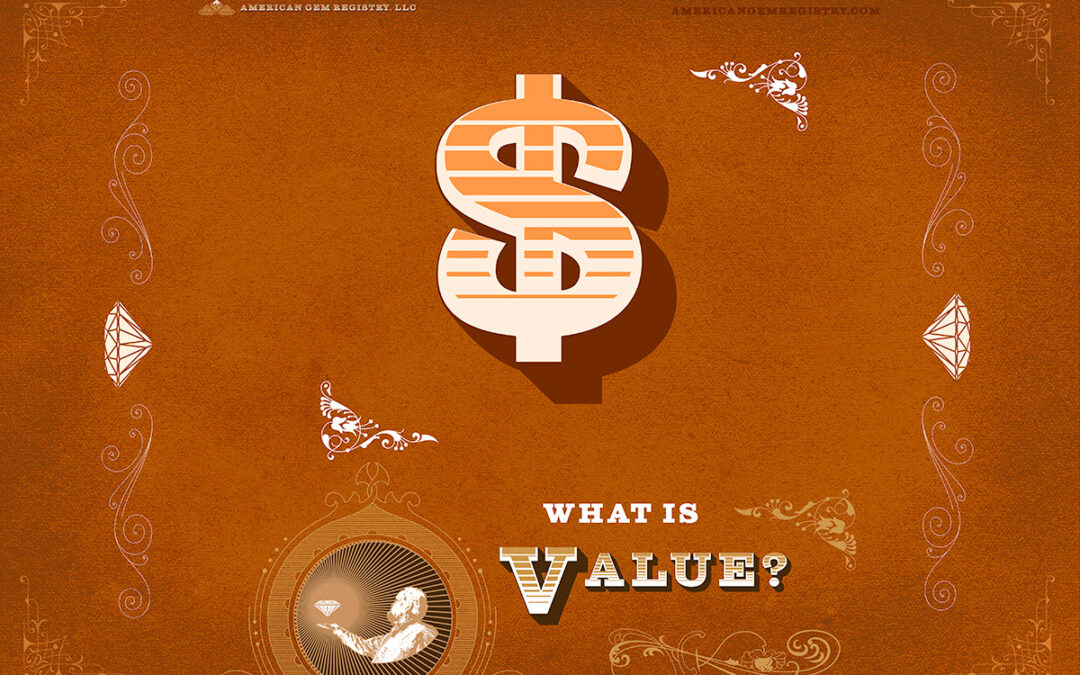
What is Value? With nearly every appraisal, after exchanging pleasantries, the first thing to...
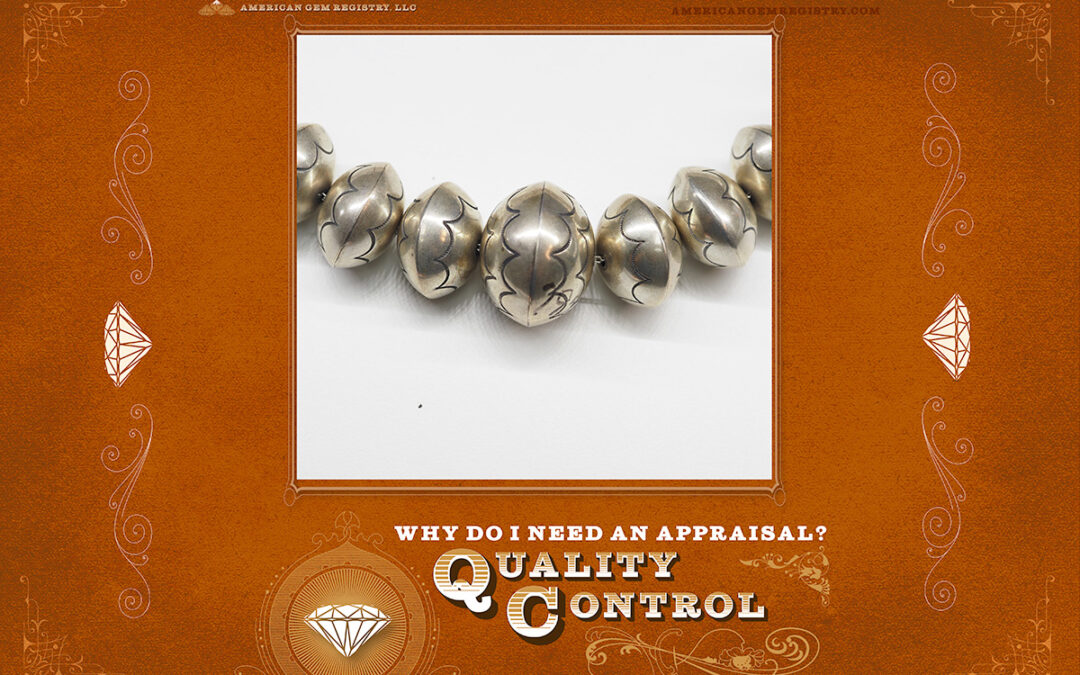
Why Do I Need an Appraiser: Quality Control One of the key reasons to get an independent appraisal...
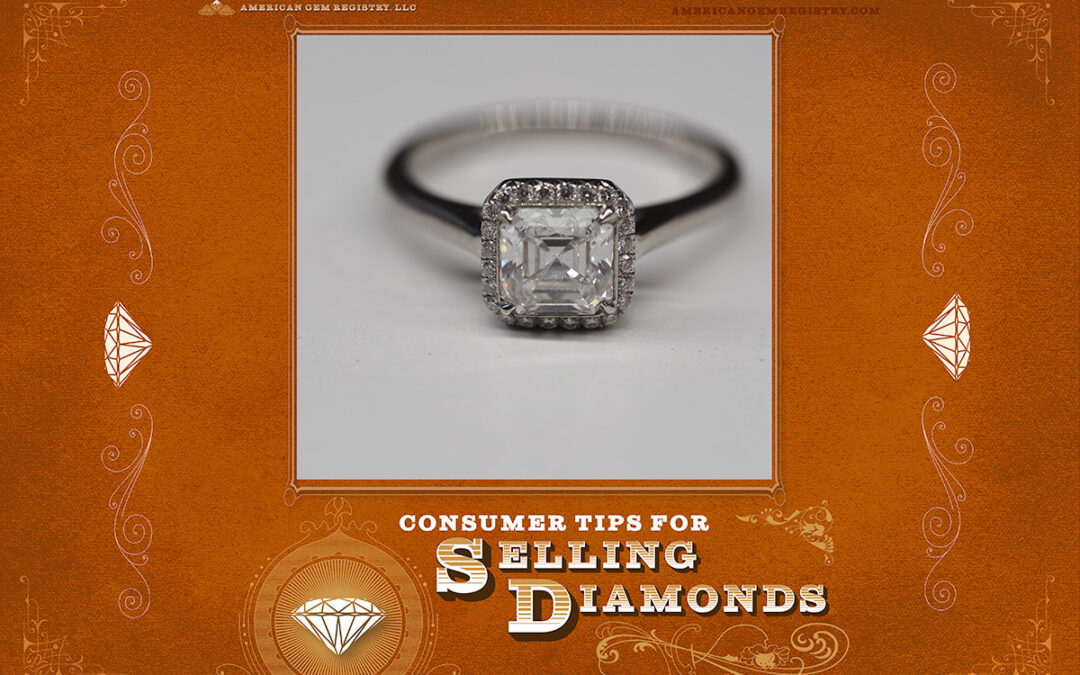
"A diamond is forever." Everyone has heard this slogan to advertise DeBeers’ diamonds, and it’s...
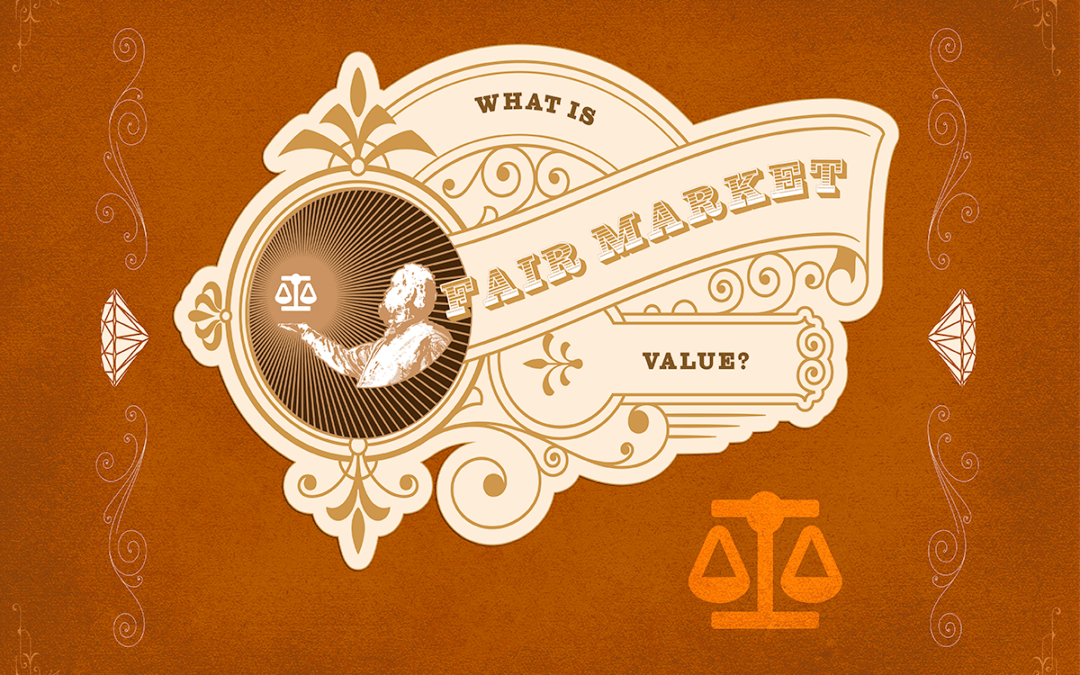
What is Fair Market Value Any statement of value must contain the elements of what something is...
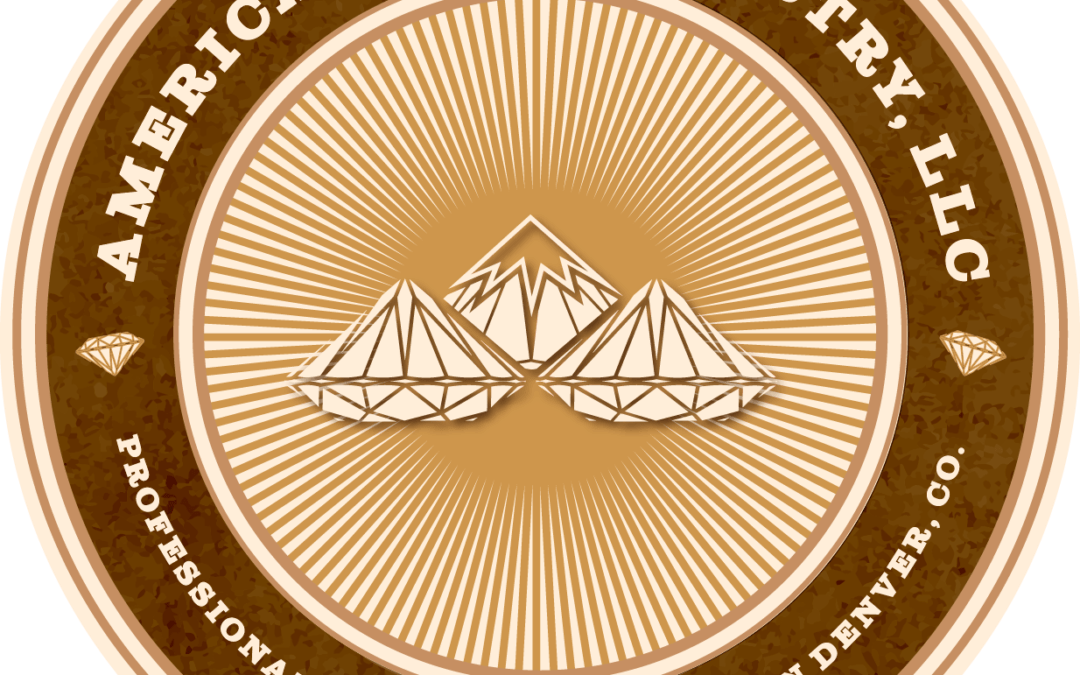
What Does Appraised Value Mean for Jewelry Appraisals? I try to avoid using the term "appraised...
The diamond market is undergoing a significant transformation, with the price of natural diamonds...
The question of who keeps the engagement ring in the event of a broken engagement or divorce is...
Nearly everyone who is shopping for a diamond is familiar with the 4C’s: clarity, color, cut, and...
What is Value? With nearly every appraisal, after exchanging pleasantries, the first thing to...
Why Do I Need an Appraiser: Quality Control One of the key reasons to get an independent appraisal...
"A diamond is forever." Everyone has heard this slogan to advertise DeBeers’ diamonds, and it’s...
What is Fair Market Value Any statement of value must contain the elements of what something is...
What Does Appraised Value Mean for Jewelry Appraisals? I try to avoid using the term "appraised...
Do you need an item appraised by a professional? Schedule an appointment today with Denver's most trusted AGS Independent Certified Gemologist Appraiser.